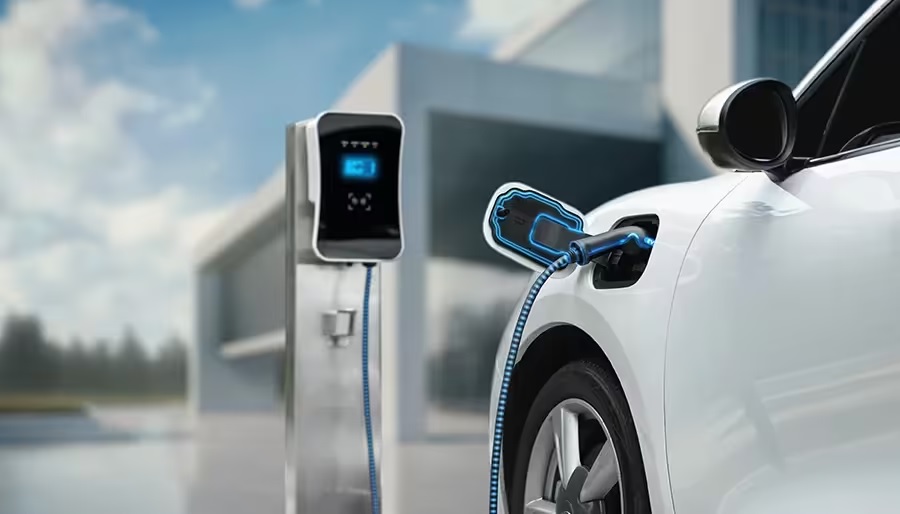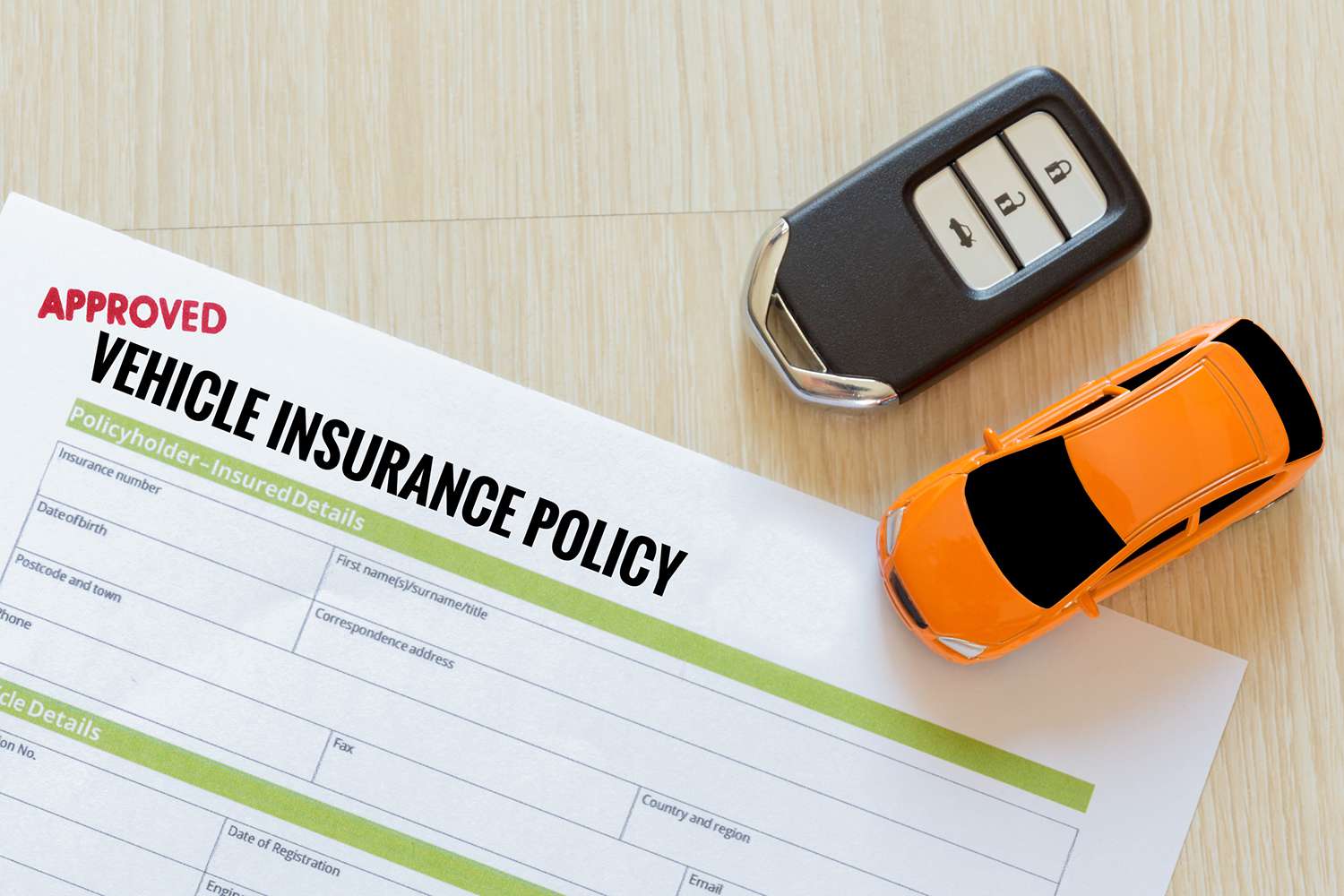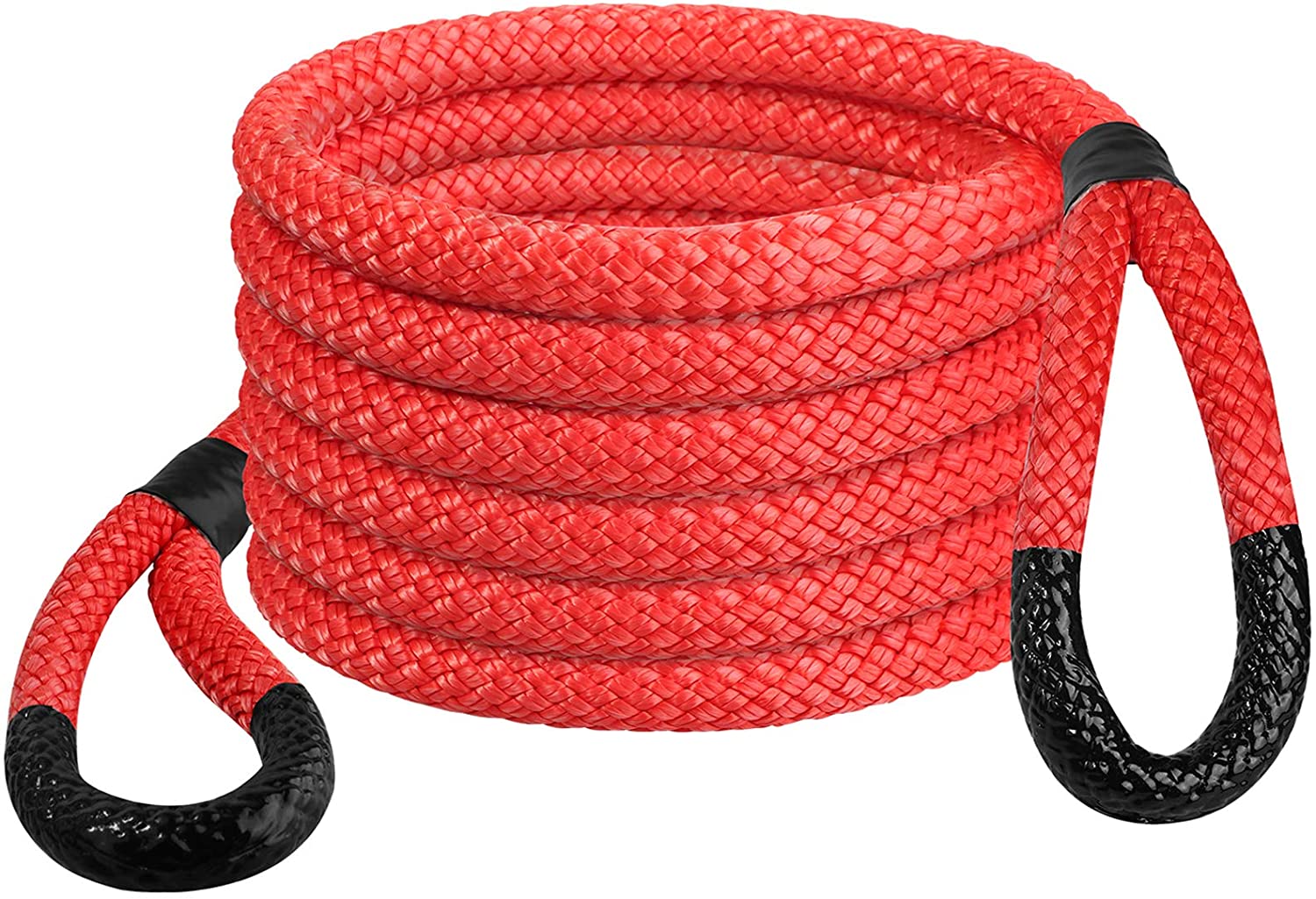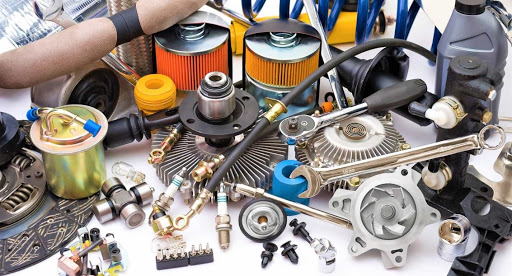No matter how well we treat our cars, eventually something will go wrong. It can be an accidental bump or scrape, a particularly severe pothole or just a piece of bad luck. Regardless of what happens, you soon find a broken part needs replacing.
When replacing car parts, you essentially have two options, you can go to your local independent garage who will fix your car with aftermarket parts, or you can go straight to the car dealership to buy genuine (sometimes called OEM) parts.
At first glance, aftermarket parts may seem to be the obvious choice, simply because they are often cheaper. However, here are 5 reasons why you should buy genuine replacement car parts.
Warranty
First of all, there’s your cars warranty. If your car is on a finance deal or was bought new and is currently under warranty, you’d want to make sure you do nothing to void it.
Many warranty deals recommend that any repairs are done by the official dealer so that the car is always restored using genuine car parts.

Whether it is cheaper to go elsewhere or not, if you decide to go to another garage and have aftermarket parts fitted, you run the risk of voiding your warranty.
Here’s more information on replacement parts and car warranties from Consumer Reports.
Performance
Aftermarket parts are car parts which are not made by an original car manufacturer. This means that they may or may not perfectly function like a genuine part.
We spoke to Cox Motor Parts, a genuine Honda parts dealership for more on how different parts might how your car performs.
They said, “The most important thing to remember is that genuine parts are made in the dame factories, on the same production lines as your cars. This means they are specifically designed to function in that model alone.”
“Aftermarket parts are mostly made in separate factories and are designed to best fit any number of models. Because they might not be the exact size, shape or material as the genuine part, there’s no guarantee they’ll function as well as genuine parts, risking a reduction in your car’s performance.”
Safety
Above all else, we all expect a certain level of safety in our cars. However, choosing to buy aftermarket parts could actually lessen your car’s safety features.
All cars go through rigorous safety tests before being put on the mark, they then earn their Euro NCAP rating o quality them as safe for the road.
As we’ve already said above, aftermarket parts may not always be perfect replacements and because of this, they could also compromise the safety features in your car.
This can range from replacing suspension to a car seat or seat belt. No matter the part, you run the risk of lowering the quality of safety your car can offer. Read more on car safety and replacement parts in this great post from Motorists.
Inconsistent Quality
Unlike genuine parts which will always be of the same, high quality, aftermarket parts quality can differ substantially.

Because there are any given number of manufacturers of aftermarket parts, the quality can differ. Ultimately, this means you can never be 100% sure whether the parts you buy will be the top end of the scale or the bottom.
Cost Effective
The main positive of aftermarket car parts is that they are often cheaper than genuine parts. However, there is a good chance this is irrelevant.
As mentioned above, aftermarket parts can both lead to further breakdowns and lessen the safety of a vehicle, both of which could mean spending extra.
If you choose to go genuine,it might cost slightly more upfront, but there’s a good chance that it will save you more cash in the long run.







